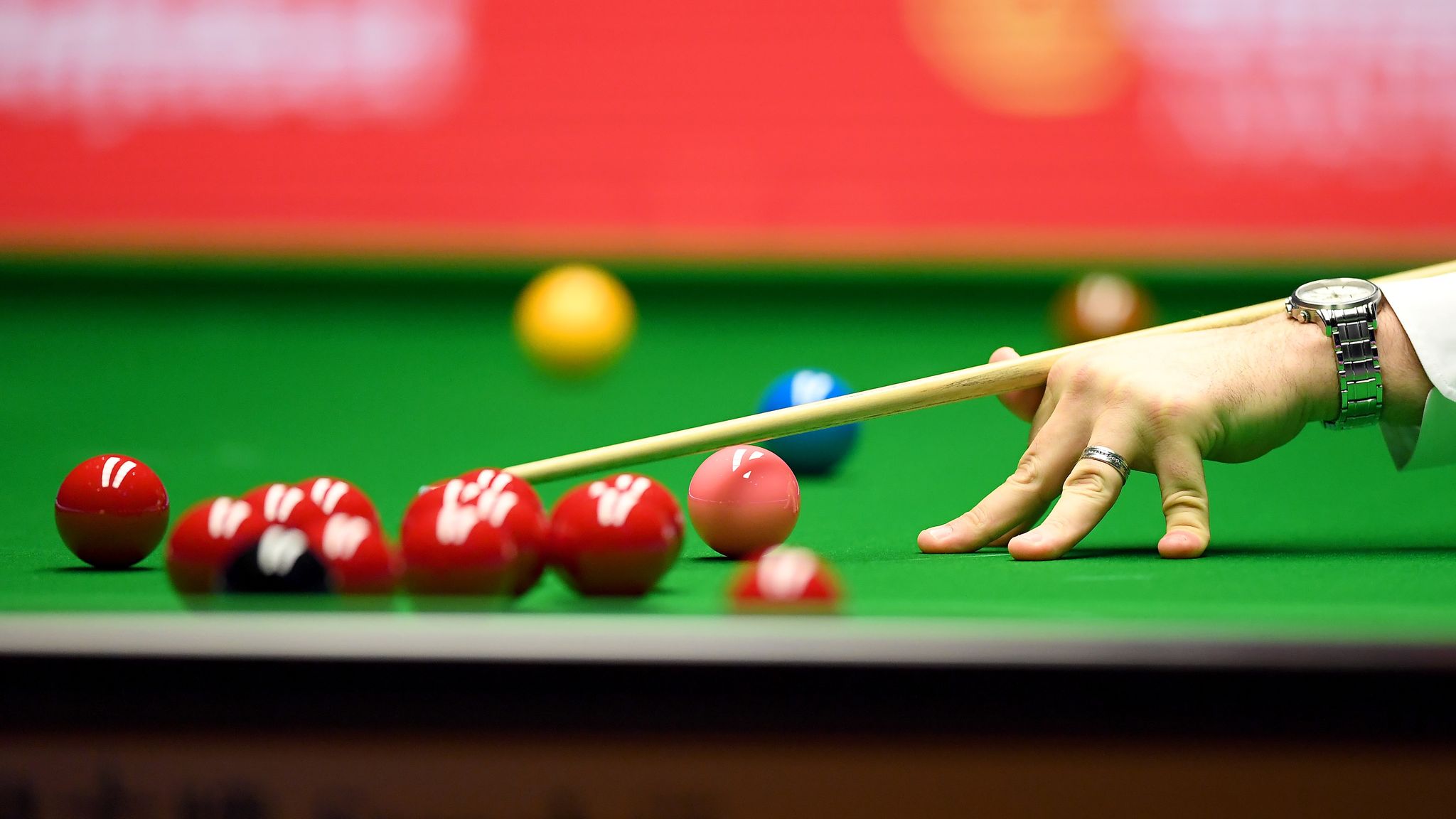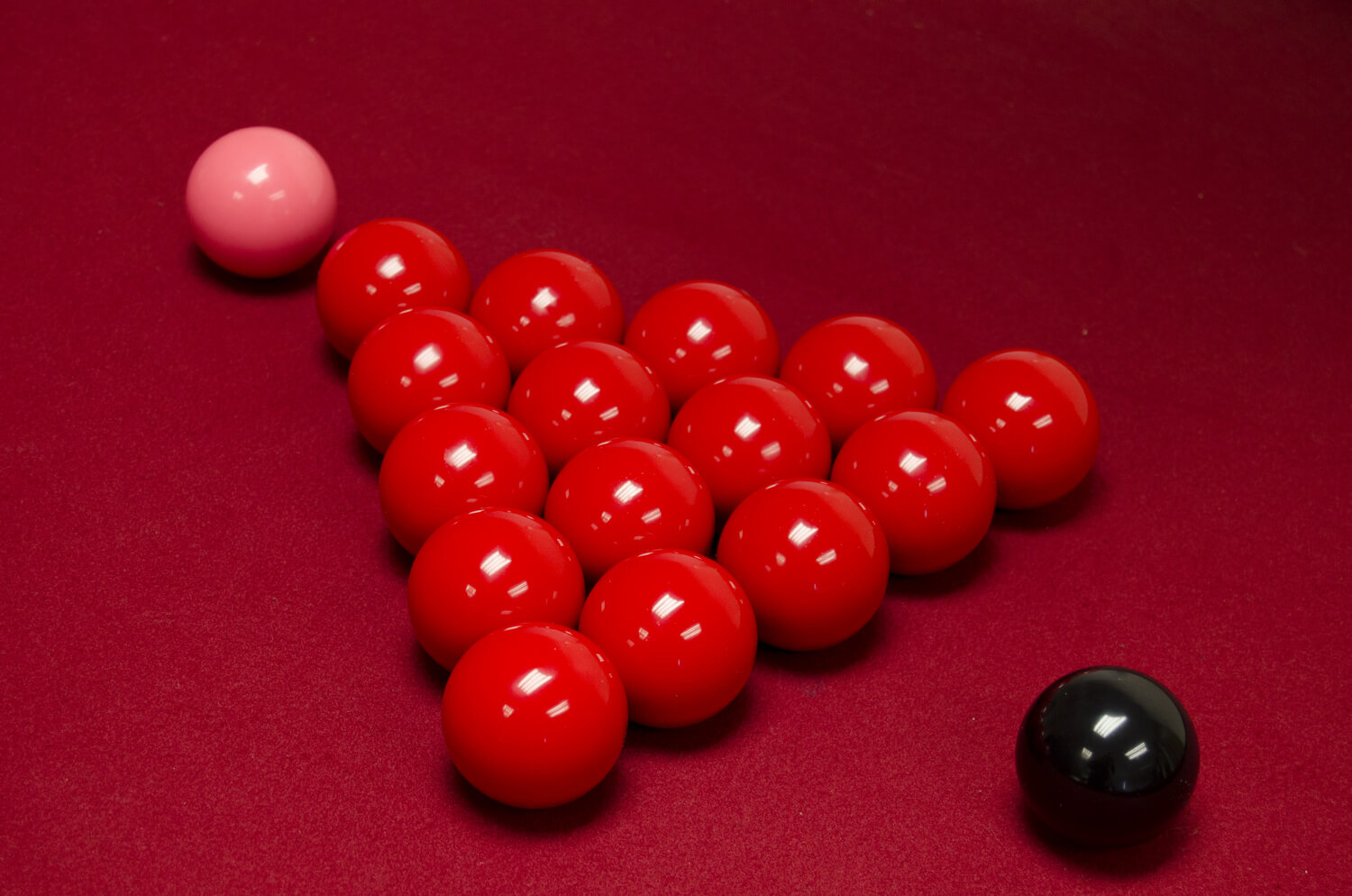The pool is an ancient game, dating back over a thousand years. It’s also a game that has been around long enough that most people know the rules of how to play it, but there are still plenty of players who don’t understand why they need to chalk their pool cues before every shot they take. In this article, we’ll explore why you should be chalking your cue stick and what kind of snooker chalk might work best for you!
Pool chalk is used to prevent miscues and make the game more consistent.
Pool players know that their chalk can make a big difference in their performance. Chalk is used to prevent miscues and make the game more consistent by providing stability, creating friction and reducing moisture. When you chalk your pool cue, it creates a better grip on the cue tip so you can get a firm hold of it. Additionally, this helps keep your cue tip clean while playing since most people don’t want to use dirty equipment in case there are any germs on their hands that could transfer into the pool stick when they touch it during playtime (and no one wants to win via illness).
Chalk also helps reduce miscues by making sure moisture doesn’t accumulate underneath your hand during playtime—this might cause you to misaim or miss if there’s too much sweat buildup!
Pool tables are made of wood, which can absorb moisture.
Pool tables are made of wood, which can absorb moisture. The wood expands and contracts with the seasons, so the moisture content in your pool table will fluctuate over time. This means that if you don’t snooker chalk a pool stick after playing a game or two, your cues and Snooker balls might get stuck in their pockets (also called rails). That’s why it’s important to chalk your cue after each game!
A pool cue tip is made of leather and can absorb moisture, which causes it to swell.
Pool cues have leather tips. Because of the way a pool cue tip is made, it can absorb moisture from the air.

When you chalk your pool stick, you remove some of this moisture and help to keep the tip in its original shape. Chalking also helps your hands grip the shaft more easily so that you can control where to hit balls with greater accuracy and power.
All-natural materials are porous, and that includes leather tips on pool sticks! The pores allow them to absorb water when they become wet with sweat or rain (or even just humidity). When they dry out, they expand again—but this time not by absorbing any more water into those pores; instead, it’s just because they’re trying to return back into their normal shape after being swollen by moisture earlier on in life before getting all sweaty or rainy outside while playing some friendly games against friends at home inside during those long summer days where there’s nothing else going on except for maybe an occasional trip down memory lane as time passes until school starts up again next year after summer vacation ends altogether without notice when suddenly everything seems different despite having been exactly same since last year too…
It’s possible to chalk a pool cue too much.
Chalking a pool cue too much is actually possible. If you chalk your pool cue too much, it can become too dry, which will result in the tip of your pool cue sliding around on the table. This is because there’s not enough moisture left in your leather tip to create friction between itself and the snooker balls that you are shooting at. It’s also possible that too much chalk will cause an imbalance between how wet or dry your leather tip is—if one section of your cue stick has been over-chalked while another isn’t getting enough lubricant, then again, this could lead to sliding issues when trying to hit balls at speed with any sort of accuracy.
Conclusion
The bottom line is that pool chalk helps you play your best game. It keeps your cue tip dry and prevents miscues. But there are some things to keep in mind when using snooker chalk: make sure it’s not too wet, don’t over-chalk your cue, and choose the right type of chalk for your style of play (hardness and size).

